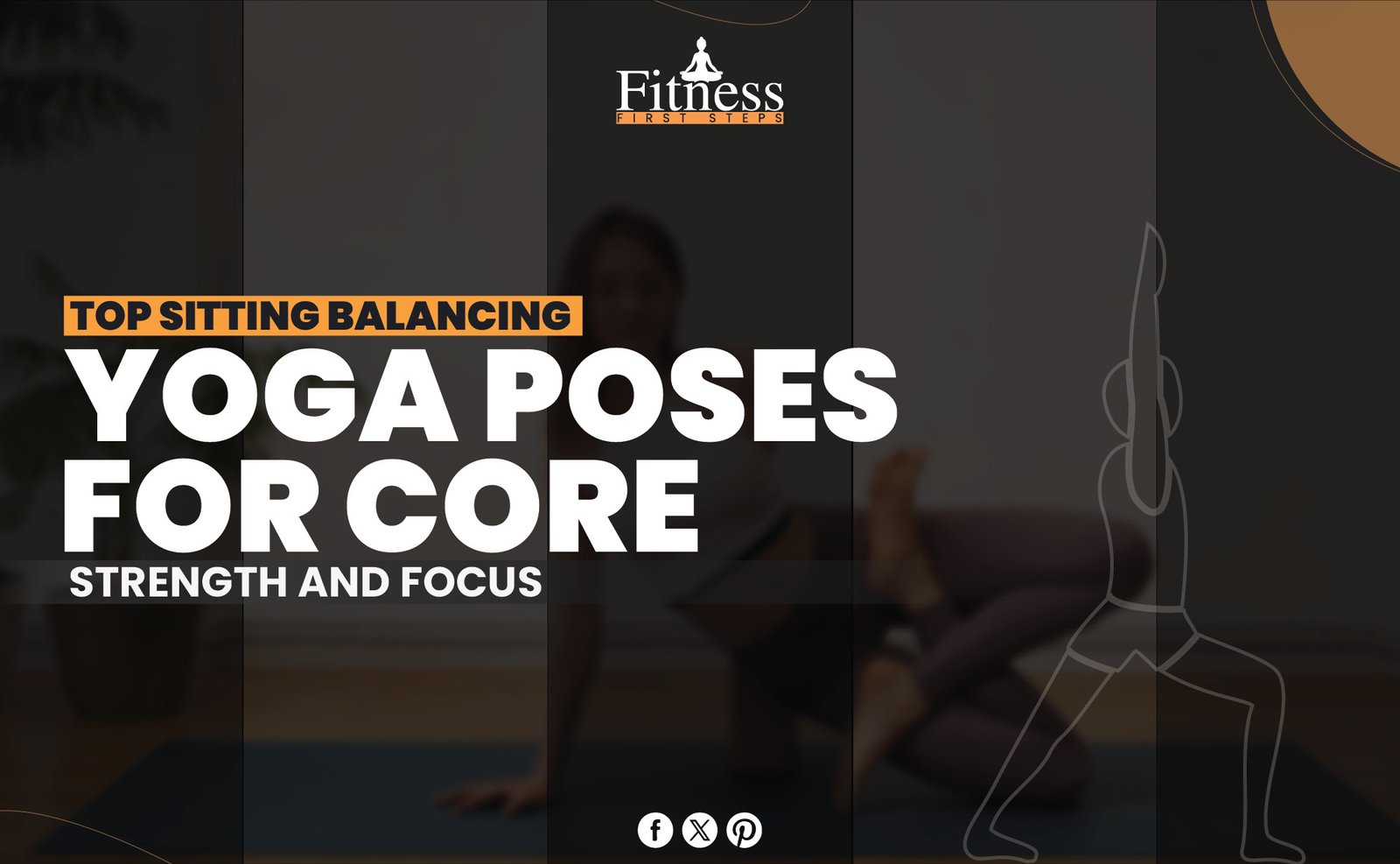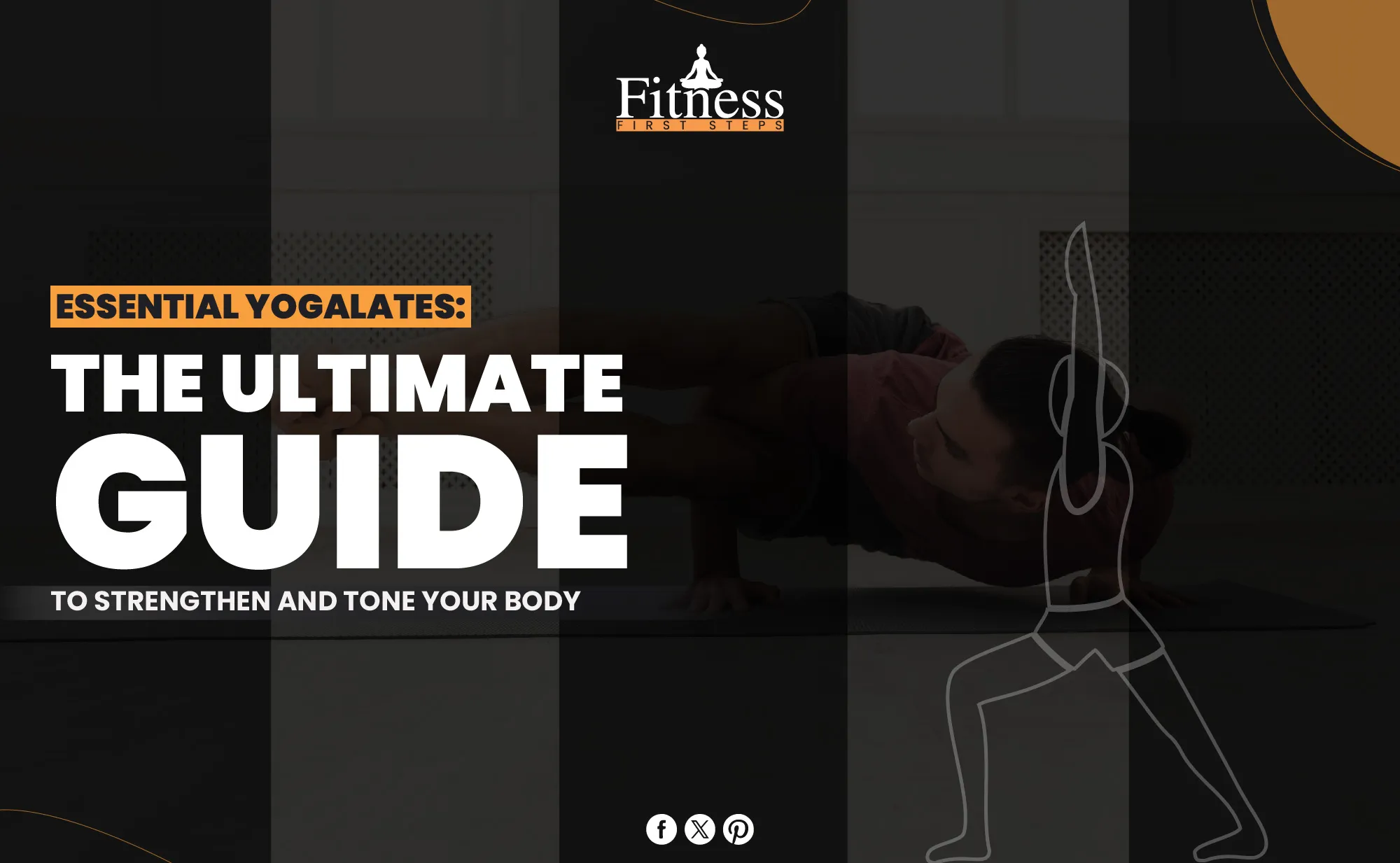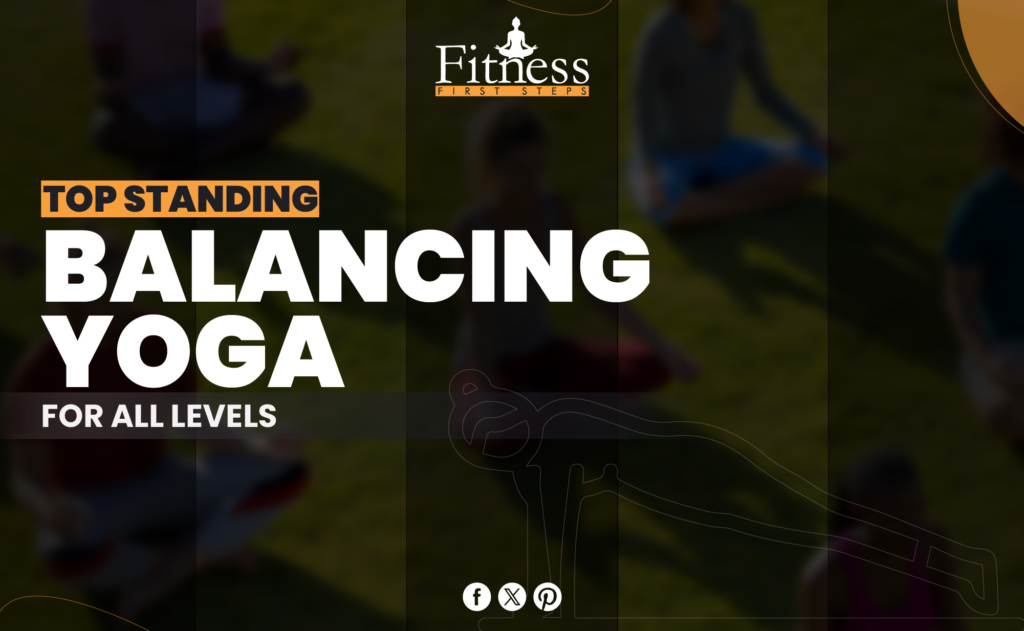Introduction
Incorporating yoga into your life can positively affect your body and mind. If you’re considering starting a yoga studies program, pick one that fits your needs. There are a lot of different kinds of yoga classes, and each one has its benefits and aims for its students. That being said, not every school is the same. Here’s how to find the best yoga studies program for you! We will discuss class structure, scheduling choices, costs, and more to help you choose the best option for your life and schedule. After reading this blog post, these tips will make it easy to find the best fit.
Know your goals – why are you interested in taking yoga classes, and what do you hope to gain from a program?
Comprehending your objectives before choosing the appropriate yoga studies program is vital. Your objectives include pursuing a deeper spiritual connection, enhancing your mental well-being, or improving your physical health. You may be interested in obtaining your certification as a yoga instructor. Regardless of your objectives, possessing a well-defined vision will assist you in navigating the plethora of available alternatives. Various programs are designed to accommodate distinct goals; certain programs prioritize the physical dimensions of yoga, including flexibility and strength, whereas others explore the spiritual and meditative aspects of this time-honored discipline. As a result, consider your desired outcomes from yoga; this will serve as a compass during your quest for the ideal regimen.

Research different programs and find out which one best fits your goals
The next stage is researching programs to identify which most closely corresponds to them. Listed below are several options:
Hatha Yoga Program:
This all-encompassing program includes meditation, breathing exercises, and fundamental yoga postures. Those who wish to reduce tension and enhance their physical well-being should begin with Hatha yoga.
Ashtanga Yoga Program:
This program is good for people who want a challenge to get stronger and more flexible. It is known for its intense and vigorous routines. It’s not a good idea for beginners because you need to be physically fit and determined.
Yin Yoga Program:
This class mostly concerns the body’s deeper tissues, like fascia and connective tissues. It’s great for people who want a slower, more meditative exercise and to get more flexible and mobile over time.
Yoga Therapy Program:
This class is for people who want to learn more about how yoga can help heal. This course is great for people with long-term illnesses or injuries and those who want to become yoga instructors.
Yoga Teacher Training Program:
A Yoga Teacher Training Program is the best way for people who love yoga to turn their hobby into a job. It teaches a lot about the different types of yoga, how to teach them, the body, and the theory behind yoga.
Remember that each school is different in how long it lasts, how much it costs, and how you can learn (in-person or online). Pick the best one for your yoga goals, schedule, and cash.
Consider the program’s location to ensure it is accessible to you.
Another important thing to consider when picking a yoga studies school is its location. If you choose to do the training in person, ensure the yoga studio is easy for you to get to. Consider looking at choices close to your home or place of work so that you can go regularly. If you are considering going to a yoga class at a different place, like a retreat, ensure you know all the travel requirements, costs, and safety measures.
An online yoga class might be the best option if you want to be flexible, save time, or have trouble traveling. You can take full online yoga classes from your home at many reputable yoga schools. You can choose the time of these virtual classes that works best for you so you can fit yoga into your schedule however you like. However, ensure the program lets you connect with instructors or attend classes in real-time. This can greatly improve your learning experience.
Make sure that the yoga school or site you choose is reputable and licensed, whether you choose to learn in person or online. Look for certifications from well-known yoga groups to sign of quality and trustworthiness. You want to ensure that the time and money you put into a yoga program pays off in a useful way.

Read reviews of different programs or ask people who have taken them
Reading reviews from people who have already taken the course is one of the best ways to get a feel for it before signing up. For reviews that show what the school, teachers, and students are like, look for thorough and clear ones.
Student Testimonials:
Most of the time, you can find these on the program’s website or social media. Listen to what the students say about how you teach, the material, and the whole experience.
Online Review Platforms:
Websites such as Yelp and Google Reviews frequently provide objective reviews written by many students, presenting a more comprehensive point of view.
Yoga Community Forums or Groups:
Participate in online groups where you may directly question other students about their experiences with the program you are contemplating enrolling in. This can be very helpful because you will receive comments in real time and can ask for more specific details.
In addition to perusing reviews, you may inquire with individuals who have completed the program regarding their experiences. They have the potential to offer significant perspectives that are not commonly encountered in evaluations. These individuals may be located via social media platforms, networking events, or alumni networks affiliated with the program. Remember that the greater your knowledge, the more informed your decision will be.
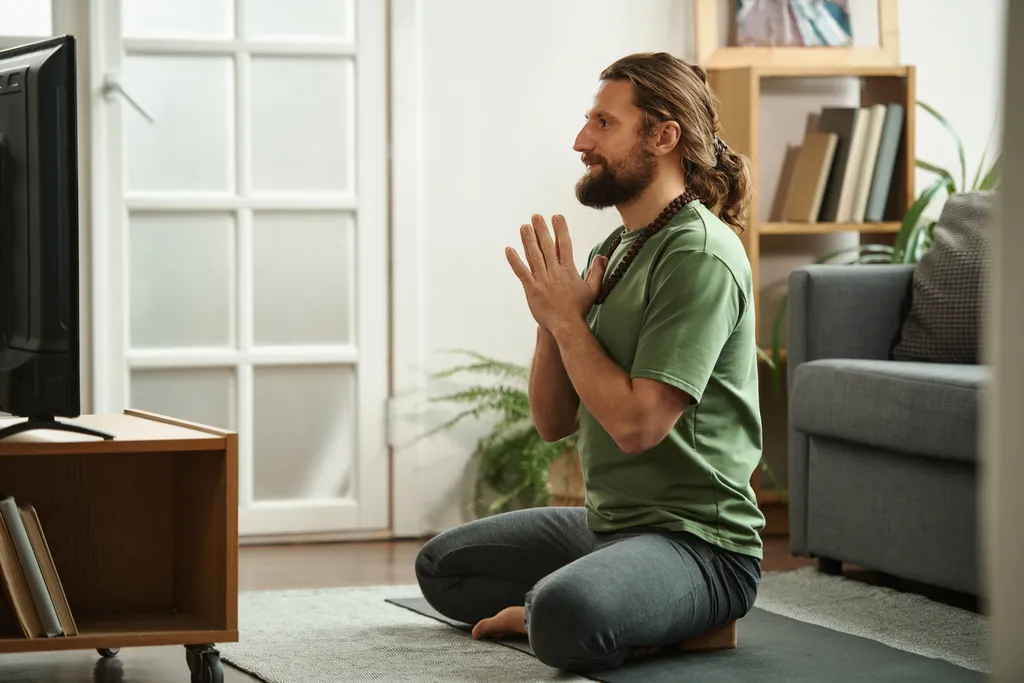
Think about the costs associated with the program, such as tuition, fees, books, etc.
The price of a yoga program can fluctuate significantly, contingent on several variables, including the program’s duration, the yoga school’s location, and its reputation. It is crucial, therefore, to take into account the following:
Tuition Fees:
This comprises the majority of the expense. Attempt to enroll in programs that provide a comprehensive breakdown of the tuition expenses so you know what you invest your money in.
Additional Fees:
Certain programs might impose additional fees for materials, exams, or certification. Ensure that you inquire about any concealed fees.
Books and Study Materials:
Books or other study materials might be required, contingent upon the program. Verify whether these are included in the tuition or whether they are required to be purchased separately.
Location-related costs:
Travel expenses, parking fees, and other related costs should be considered when contemplating an in-person program. Regarding destination programs, travel and lodging expenses should be considered.
Miscellaneous Expenses:
Additional expenses such as yoga mats, support, or uniforms might be incurred beyond the scope of tuition fees.
Remember that just because a program is costly does not mean it is the finest. Taking into account your financial means, search for a program that strikes a balance between affordability and high-quality education. Investigate scholarship and payment plan options that may alleviate the financial burden.

Decide if an online or in-person option would be best for you
The decision between an in-person or online yoga program depends on the learner’s lifestyle, personal preferences, and preferred method of instruction. Please take into account the following factors when reaching your decision:
Flexibility:
Learning at one’s tempo and according to one’s schedule generally affords greater flexibility in online programs. Online yoga courses suit individuals with other obligations or prefer self-paced learning.
Learning Environment:
Certain individuals excel in a traditional classroom environment, deriving pleasure from the direct engagement with educators and fellow students. Among them, an in-person program may be more suitable for you.
Practical Training:
Online settings may lack the ability to offer real-time feedback commonly available during physical practice sessions in in-person yoga programs.
Travel Constraints:
Online learning is an excellent alternative if traveling to a reputable yoga training center is difficult or commuting to a studio is a hindrance.
Cost:
Online programs frequently offer more cost-effective options due to reduced expenditures associated with travel, venue, and tangible materials.
Whether the program is presented in person or online, its quality truly matters. Select an instructional approach that aligns with your learning style and personal situation while maintaining an unwavering commitment to educational excellence.

Ensure the instructor has adequate qualifications and experience teaching yoga at all levels.
Instructor’s Qualifications:
It is imperative to verify that the instructor possesses an officially recognized yoga teaching certification and adequate experience instructing students at various levels of yoga. They should tailor their teaching style to your learning preferences and yoga objectives.
Instructor’s Experience:
Instructors with more experience can navigate the complexities of instruction and better accommodate the unique requirements of each student. Their ability to impart a more profound understanding of yoga philosophy and practices can significantly enrich your educational journey.
Ability to Teach at All Levels:
Your talent level in yoga will develop as you continue to practice. A knowledgeable instructor with experience instructing students of all skill levels—novice to proficient—will be prepared to address your changing requirements and obstacles.
Openness to Questions and Feedback:
A competent yoga instructor solicits feedback and inquiries. Effective communication is crucial for ensuring proper comprehension of the poses, preventing injuries, and optimizing one’s practice experience.
Continual Learning:
The area of yoga is very big, and its techniques and ideas are always changing. Teachers constantly learning and developing their careers are more likely to use up-to-date and improved teaching methods, which will improve their learning experience.
Conclusion
In summary, selecting an appropriate yoga teacher training program requires extensive investigation and thoughtful deliberation. Cost, format, personal preferences and objectives, the program’s reputation, the instructor’s credentials and teaching methodology, and many other aspects should be considered. Remember that an excellent program should do more than simply grant certification; it should also foster the development of your abilities, expand your knowledge of yoga, and motivate you to become a proficient and empathetic yoga instructor. Above all, exercise patience, thoroughly investigate, and trust your intuition. Becoming a yoga instructor is an exciting and transformative voyage; selecting the appropriate program is the initial step.
Frequently Asked Questions (FAQs)
Q1: What accreditation should I seek in a yoga teacher training program?
The Yoga Alliance accredits the most reputable programs and establishes the benchmark for yoga teacher education.
Q2: Can I become a yoga instructor without attending an in-person training?
Several online programs provide all-encompassing instruction to qualify you to teach yoga. Nevertheless, it is critical to ascertain that the program in question is reputable and offers adequate practical training.
Q3: How long does completing a yoga teacher training program take?
The exact time frame differs for each program. Typically, a 200-hour program requires one to three months to complete, whereas a 500-hour program may require six months or longer.
Q4: Do I need a specific fitness or flexibility level to enroll in a yoga teacher training program?
Yoga can accommodate practitioners of all fitness levels. A quality program will instruct you on how to adapt poses to accommodate various abilities.
Q5: What are your career prospects after completing a yoga teacher training program?
Upon completion, you will be qualified to instruct yoga in studios, fitness centers, schools, and community centers. In addition to offering private lessons, you may also establish your own studio. Additionally, certain yoga instructors specialize in therapeutic yoga for particular populations or conditions, such as athletes or senior citizens.
